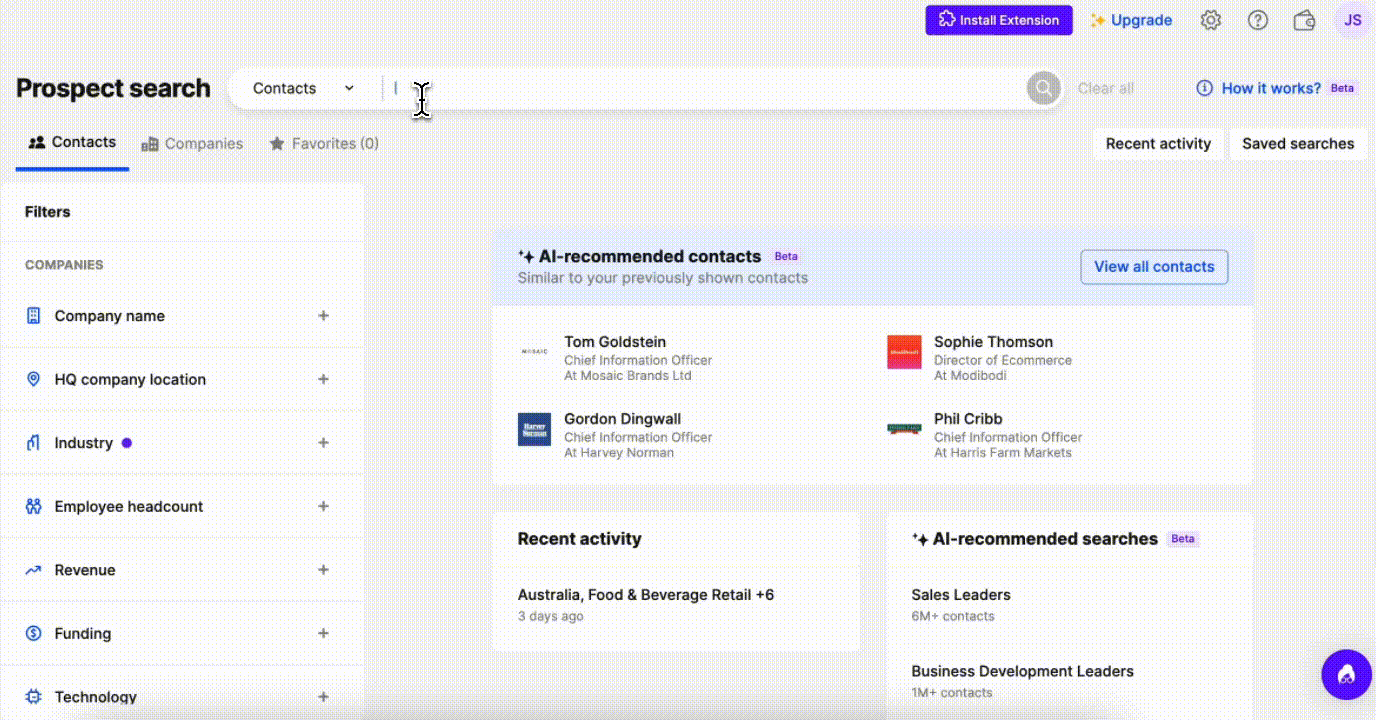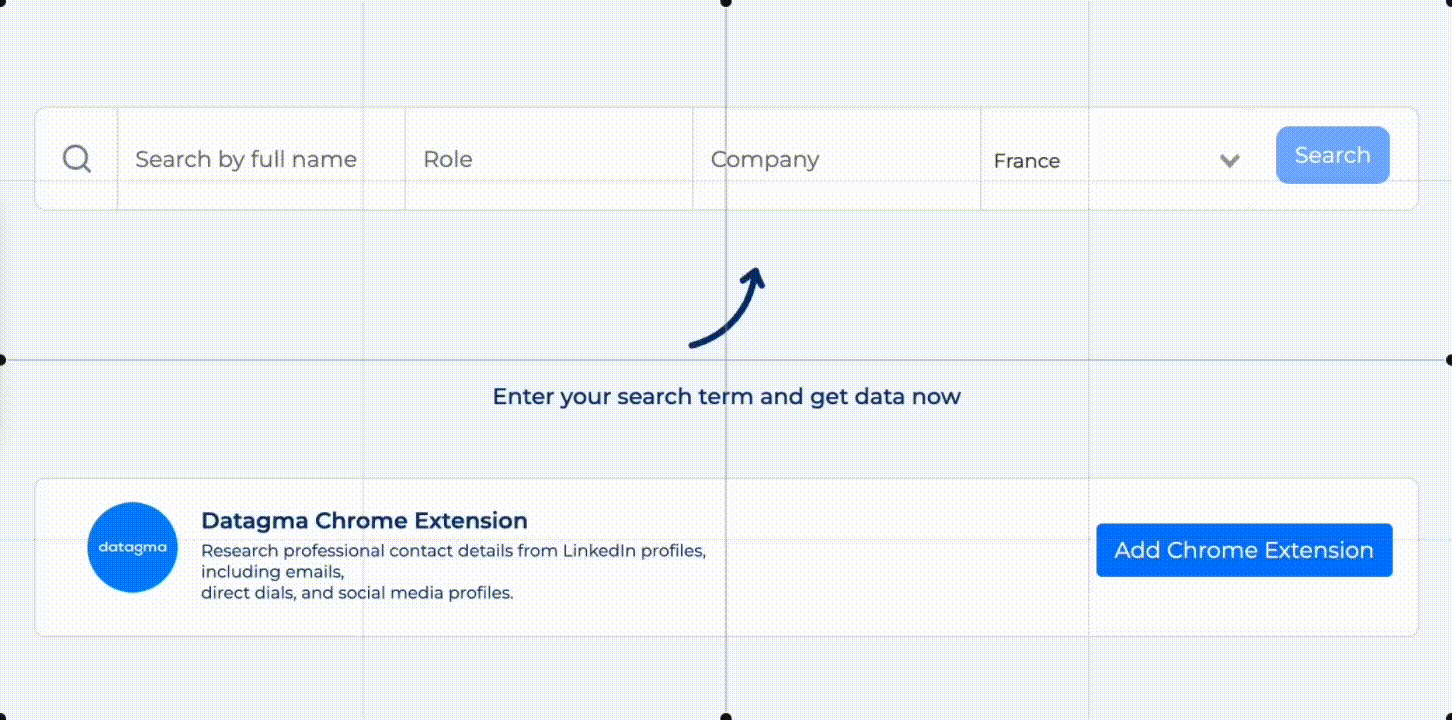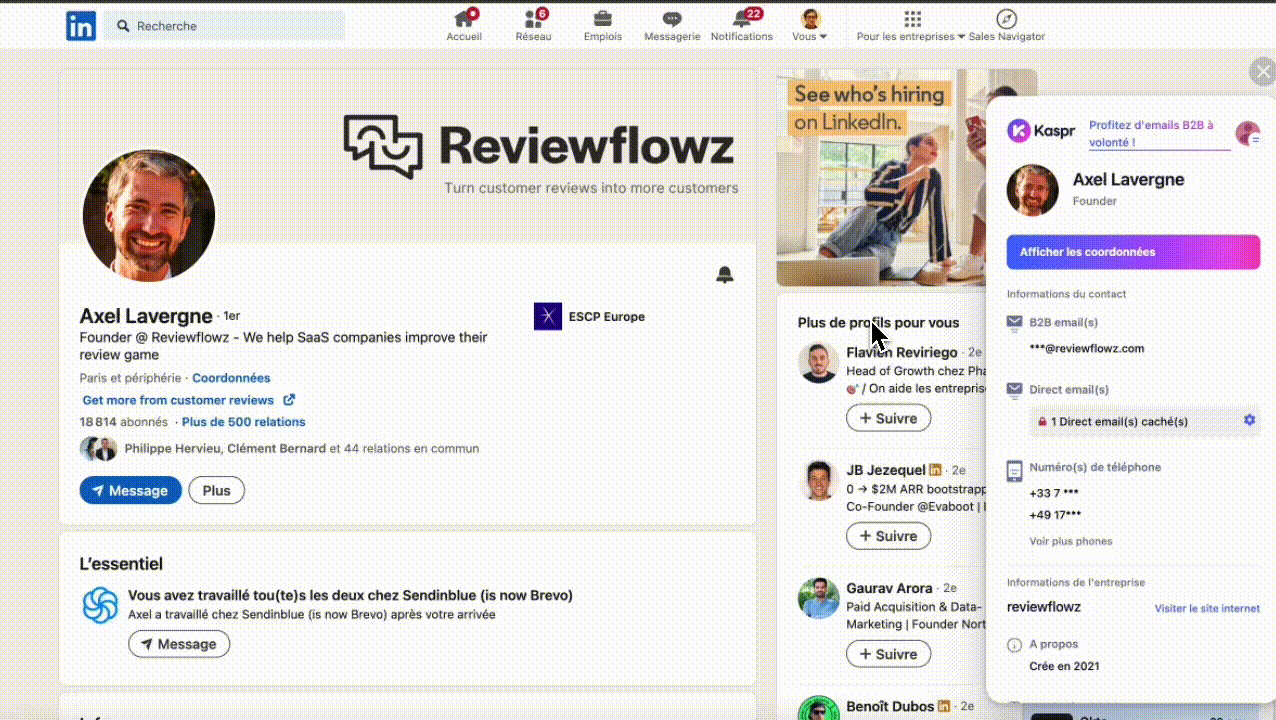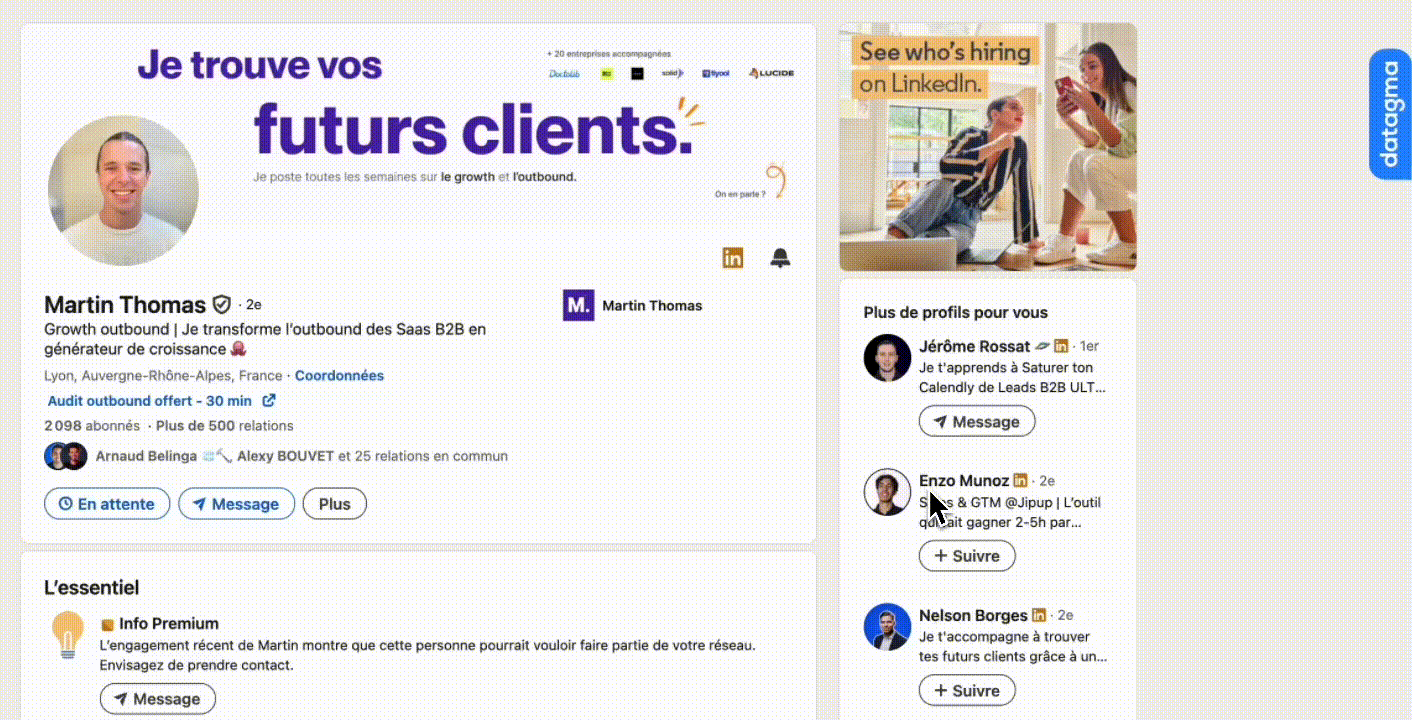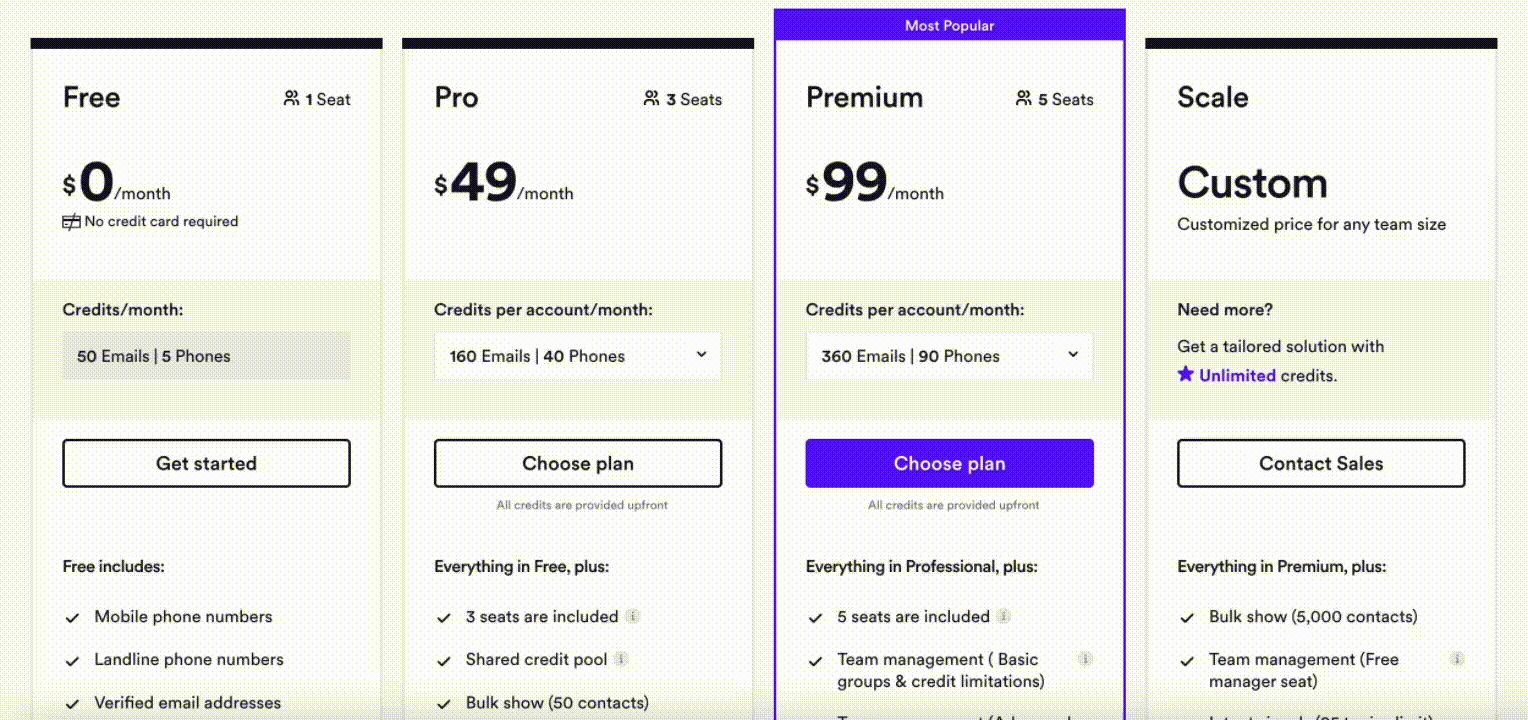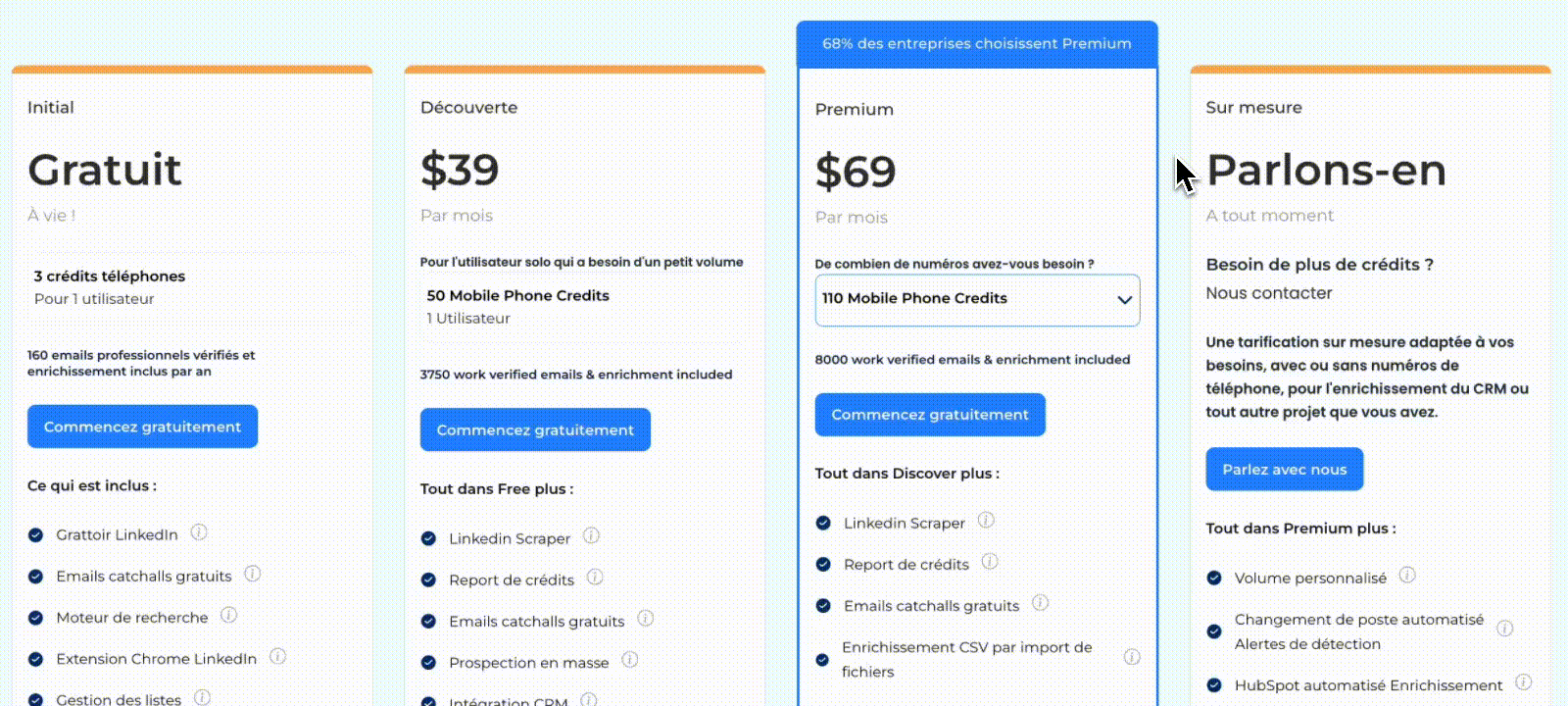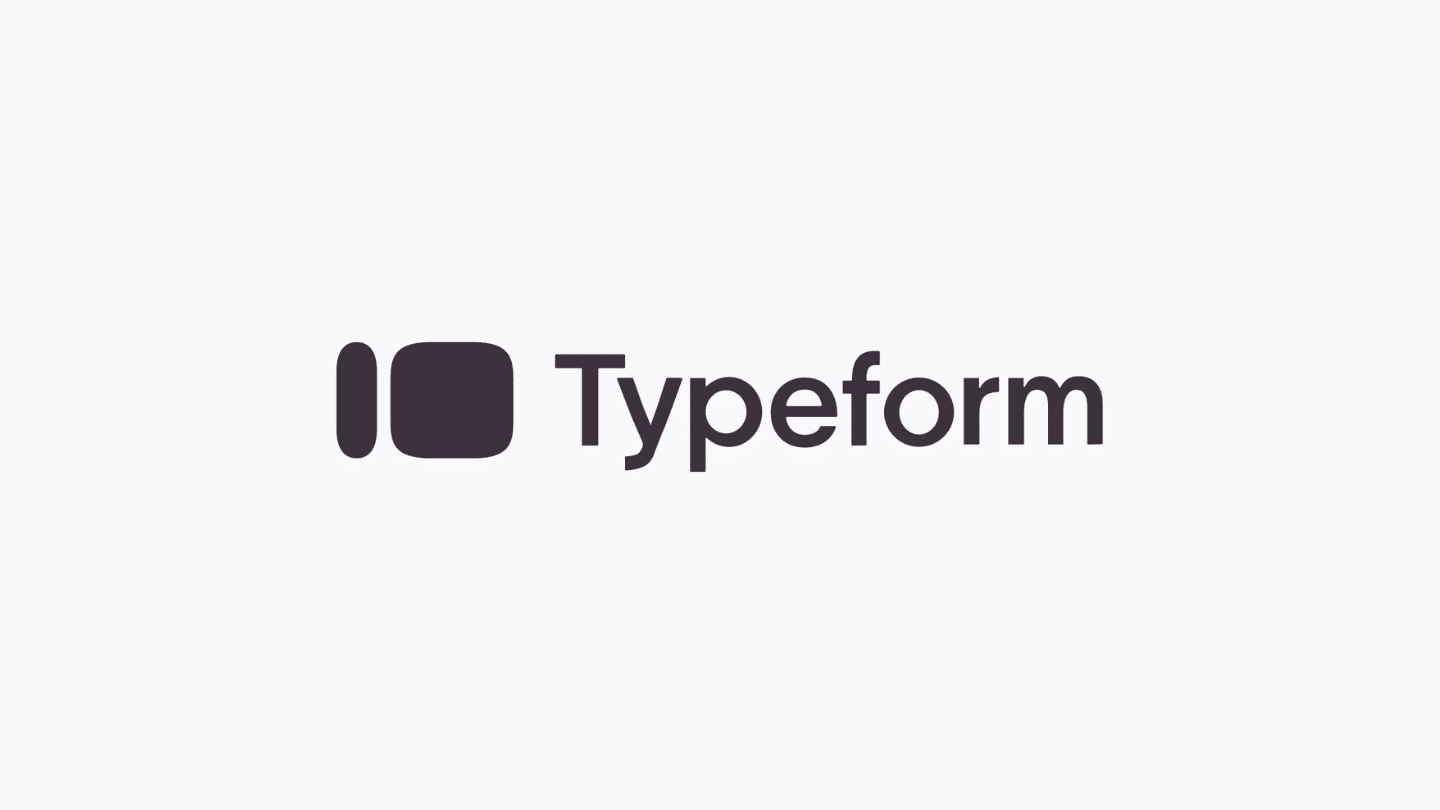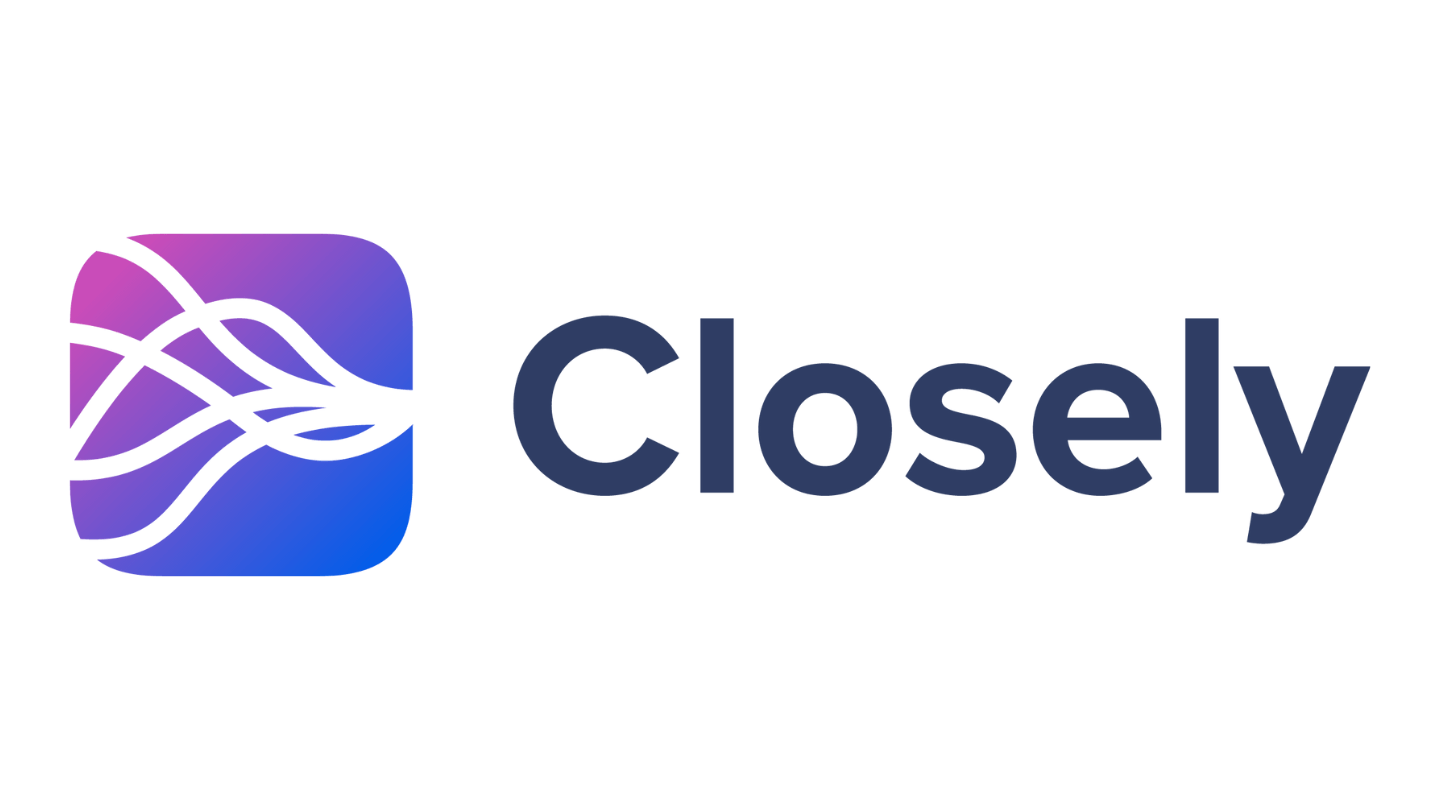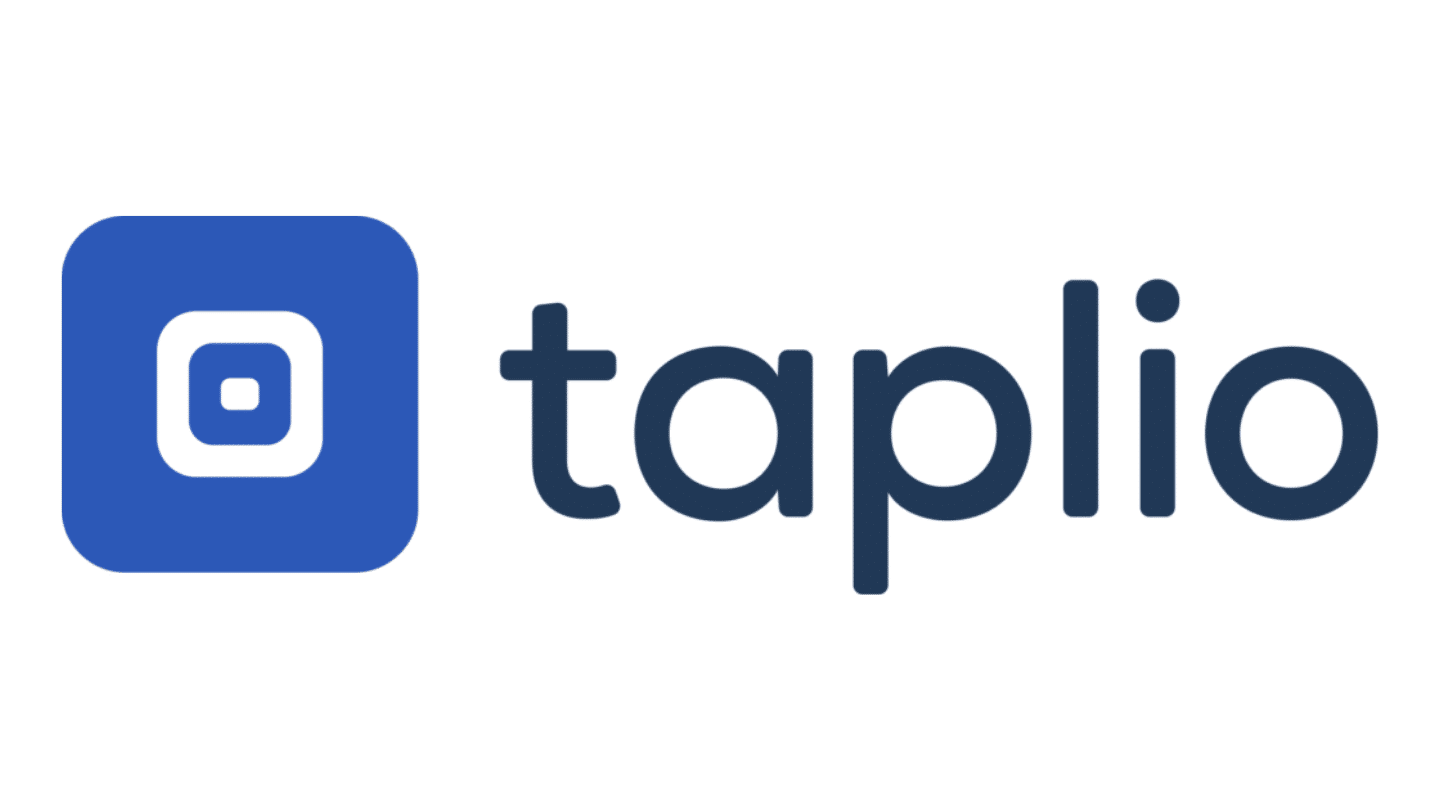Kaspr, Lusha, and Datagma are three standout tools for retrieving prospects’ phone numbers. We’ve compared them for you. In short, Lusha is the most comprehensive option but also the most expensive. Datagma is a budget-friendly alternative, albeit with a lighter database. Kaspr strikes a balance: more robust than Datagma and more affordable than Lusha.
Sommaire
Kaspr vs Lusha vs Datagma: Summary Table
| Kaspr | Lusha | Datagma | |
|---|---|---|---|
| Number of users | 100K+ active users | 1 million users (including 800,000 sales professionals) | N/A |
| Database size | 90+ million numbers | 50+ million numbers | 7 million numbers found daily |
| Data quality and reliability | Excellent, with real-time verification and updates | 80% accuracy according to the publisher | Real-time data extraction from public sources |
| Methods for obtaining numbers | LinkedIn Chrome extension, CSV import, API | Chrome extensions for LinkedIn and websites, CSV import, API | LinkedIn Chrome extension, CSV import, API |
| Main integrations | Salesforce, HubSpot, Pipedrive, Lemlist, Aircall, Ringover, Zapier | Salesforce, HubSpot, Pipedrive, Microsoft Dynamics, Zoho, Zapier | Zapier, Make, HubSpot, Phantom Buster |
| Rate per number (basic plans) | $0.40 to $0.45 (Starter and Business) | $1.10 to $1.23 (Pro and Premium) | $0.59 to $0.78 (Discovery and Premium) |
| Price per issue (large volume) | $0.05 (Scale plan) | $1.10 | $0.59 (Premium) |
| API access | Optional, approx. $6,000/year | Optional, approx. $7,000/year | Included with Premium plan |
| Average customer rating | 4.4/5 on G2 | 4.3/5 on G2 but 1.5/5 on Trustpilot | N/A |
Try Kaspr, Lusha, or Datagma for free
The best way to decide if a tool suits your needs is to try it yourself. Luckily, Kaspr, Lusha, and Datagma all offer free plans. Test them out and choose the mobile data provider that works best for you.
Database Quality and Size
Kaspr – 90+ Million Phone Numbers
Kaspr boasts a database with over 90 million phone numbers. One of Kaspr’s standout features is its data reliability. Every query triggers a real-time verification of data from its 150 sources. This ensures the database remains up-to-date and free of obsolete information. From our tests, Kaspr delivers on this promise.
Its database is especially strong, covering not only the U.S. but also European and Asian markets. Thanks to its parent company, Cognism, Kaspr benefits from access to one of the largest mobile phone databases in the U.S.
Lusha – 50+ Million Phone Numbers
Lusha features over 150 million company profiles, including more than 50 million business phone numbers. However, its reliability is slightly below Kaspr’s, with an advertised 80% accuracy.
Lusha places a strong emphasis on compliance, boasting certifications like ISO 27701 for privacy and security. That said, user reviews often cite concerns about GDPR compliance.
Datagma – 7 million business phone numbers found daily
Datagma takes a unique approach. It doesn’t rely on a database. Instead, all the data you receive from Datagma is extracted in real time from the Internet. In other words, if your prospect’s phone number isn’t publicly available online or on social networks (starting with LinkedIn and Sales Navigator), Datagma won’t find it. The tool exclusively uses publicly accessible sources.
This reliance on real-time data means Datagma’s filtering options are relatively limited: full name, company, role, and location. This is much more basic compared to Lusha’s features, as shown in the screenshot above.
Methods for obtaining phone numbers
The techniques for retrieving phone numbers are similar across all three tools:
- LinkedIn Chrome extensions, which allow you to view prospects’ phone numbers directly on LinkedIn. Kaspr, Lusha, and Datagma all offer this feature. These extensions extract phone numbers from LinkedIn profiles and enable you to import them into your prospecting tool. They also work on Sales Navigator. Kaspr’s extension stands out because it lets you retrieve phone numbers from LinkedIn posts, groups, or event pages, without needing to visit individual profiles.
- Chrome extensions for websites. Lusha’s extension isn’t limited to LinkedIn; it also works on company websites. For instance, when visiting a company’s website, you can activate the extension to retrieve phone numbers of employees. This feature is unavailable with Kaspr and Datagma’s Chrome extensions.
- Importing a prospect list (CSV format). You can upload a prospect list into Kaspr, Lusha, or Datagma to enrich it with missing phone numbers. However, there are limitations based on the pricing plan. For example, Kaspr’s basic plan allows up to 3 files per month, Lusha caps uploads at 300 rows, while Datagma imposes no limits—though it’s capped at 50,000 rows per list.
- APIs. These enable you to enrich your CRM directly. Instead of enriching leads in Kaspr, for instance, and then syncing them with your CRM, you can use the API to enrich leads directly within your CRM. All three tools provide APIs, but Lusha and Kaspr charge extra for API access, which may deter smaller teams. Datagma includes API access in its Premium plan. Integrations serve a similar purpose, allowing you to enrich your CRM with a single click.
Try Kaspr, Lusha, or Datagma for free
The best way to see which tool fits your needs is to try them yourself. Thankfully, Kaspr, Lusha, and Datagma all offer 100% free plans. Take advantage of these trials to find the best mobile data provider for your business.
Integrations
Kaspr
Kaspr offers integrations with:
- CRMs: Salesforce, HubSpot, Pipedrive, Lemlist, Brevo, and Zoho.
- Telephony tools: Aircall and Ringover.
- Zapier: A versatile integration platform that connects Kaspr to many other tools, including Google Sheets, Sellsy, and ClickUp, among others.
All Kaspr users, including those on the free plan, have access to these integrations.
Lusha
Lusha offers connectors to popular CRMs:
Integration with Microsoft Dynamics is a significant advantage for users of this CRM. Lusha also offers additional connectors:
- Zapier
- Outlook
- Gmail
- Salesloft
- Bullhorn
Datagma
Datagma provides a smaller range of integrations, limited to six:
- Zapier
- Make
- Captain Data
- HubSpot
- Phantom Buster
- n8n
However, the inclusion of Zapier and Make, combined with its API capabilities, helps bridge these limitations.
Pricing
Kaspr – Rate per phone number: $0.05 to $0.34 (without API access)
Kaspr offers four pricing plans:
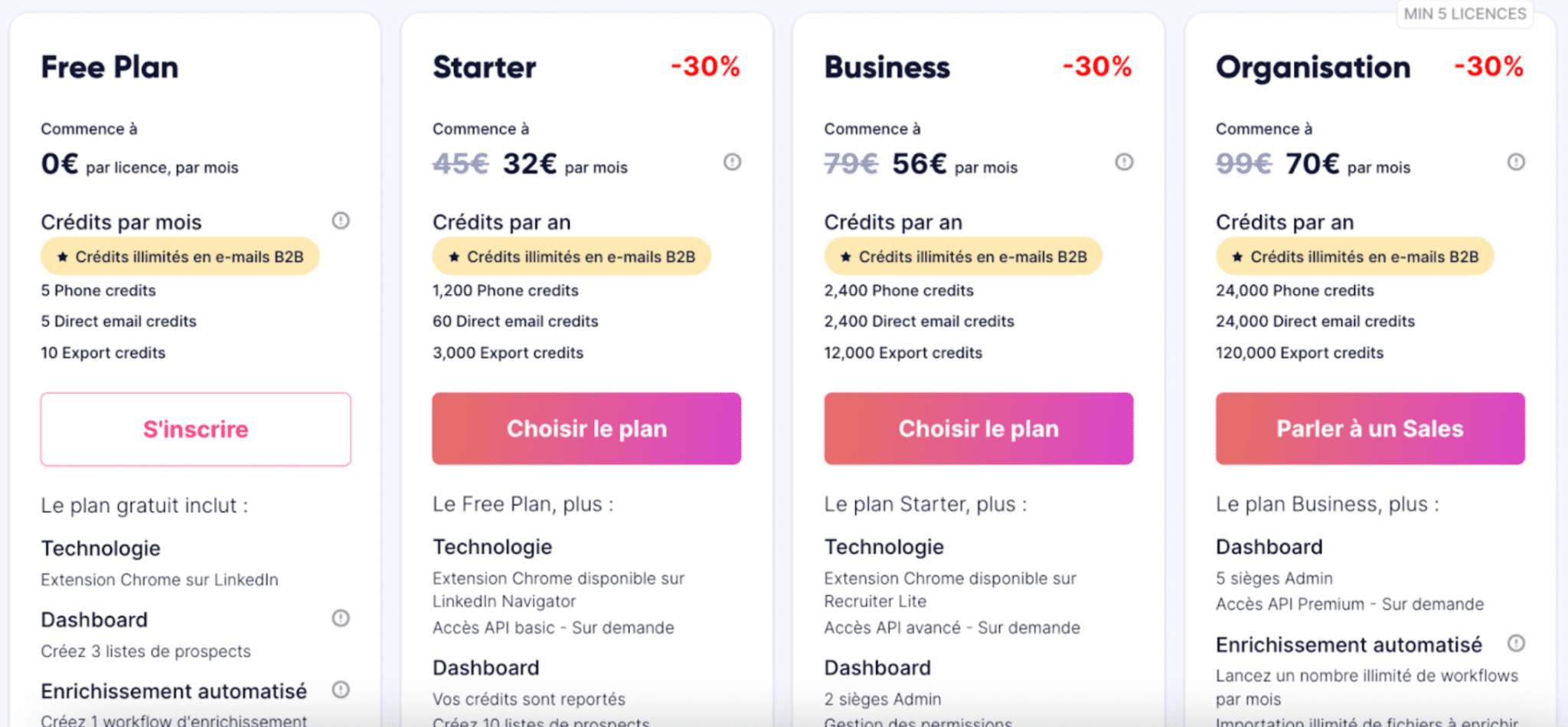
The plans include:
- Free plan: Find up to 5 phone numbers per month at no cost.
- Starter plan: Starting at €45 per month (outside promotional periods), this plan lets you find up to 1,200 phone numbers annually (100 per month), with a cost of €0.45 per number.
- Business plan: At €79 per month (outside promotional periods), this plan allows you to find 2,400 phone numbers annually (200 per month), bringing the cost per number down to €0.40.
- Scale plan: Starting at €99 per month, this plan provides access to 24,000 phone numbers annually (10 times more than the Business plan), reducing the cost per phone number to just €0.05!
Kaspr stands out as the most affordable mobile data provider among the three tools compared in this article. However, access to its API comes with an additional cost of approximately $6,000 per year, which may be a dealbreaker for smaller teams.
Lusha – Rate per phone number: $1.1 to $1.23 (without API access)
Lusha offers four pricing plans:
- Free plan: Allows you to find 5 phone numbers and 50 emails. It’s ideal for testing the tool’s capabilities and its accuracy in finding your prospects’ contact details.
- Pro plan: Includes 3 seats and starts at $49 per month for 160 emails and 40 phone numbers. This equals $1.23 per phone number. Prices scale with volume; for instance, $122 per month covers 400 emails and 100 phone numbers, but the cost per phone remains $1.23.
- Premium plan: Includes 5 seats and starts at $99 per month. At this price, you get 90 phone numbers per month, lowering the rate to $1.1 per number. For higher volumes, such as 1,080 emails and 270 phone numbers, the plan costs $297, but the per-number rate stays $1.1.
- Scale plan: A custom plan for companies needing more than 5 seats, available on request.
Key pricing variables include:
- The volume of enrichment (number of emails or phone numbers).
- The number of seats, which determines the plan type: Pro or Premium.
- Functional scope, with advanced features like detailed reporting available in the Premium plan.
When comparing cost per phone number, Lusha is the most expensive of the three tools. Surprisingly, there’s no volume-based discount, a significant difference compared to Datagma. Additionally, like Kaspr, Lusha’s API access is sold separately, costing around $7,000 annually.
Datagma – Rate per phone number: $0.59 to $0.78
Datagma uses a credit-based system for its pricing plans:
Datagma offers four plans:
- Free plan: Provides 3 phone numbers per month and 160 emails per year. While it’s quite limited, this plan is useful for testing the tool. It may also suit freelancers with occasional prospecting needs.
- Discovery plan: Costs $39 per month and allows you to find 50 phone numbers monthly, averaging $0.78 per number.
- Premium plan: Unlocks access to the API and CSV file enrichment. Pricing depends on the number of users and credits:
- $69 for 110 phone numbers (1 user), or $0.63 per number.
- $138 for 230 phone numbers (2 users), or $0.60 per number.
- $207 for 350 phone numbers (3 users), or $0.59 per number.
- Additional options go up to 600 phone numbers and 5 users.
- Custom plan: Tailored for companies needing more extensive features or higher volumes.
Unlike Lusha, Datagma allows you to cancel plan renewals anytime.
Try Kaspr, Lusha, or Datagma for freeThe best way to decide which tool suits your needs is to try them yourself. Fortunately, Kaspr, Lusha, and Datagma all offer free plans. Take advantage and discover the best fit for your business.
Customer Feedback
Kaspr
Kaspr has garnered 817 reviews on G2, with an average rating of 4.4/5 (as of December 2024). It is not yet listed on Trustpilot or Capterra, likely due to its relatively recent launch in 2022.
| Platform | Number of reviews | Rating |
|---|---|---|
| G2 | 817 | 4.4/5 |
Strengths:
- Simplicity and ease of use. Users praise the intuitive interface and the Chrome extension.
- Reliable data quality, especially within the Kaspr database.
Weaknesses:
- Some users report outdated phone numbers.
- Limitations of the free plan, which is designed more for testing than for extended use.
- Pricing can be a concern for some users.
Lusha
On average, Lusha receives good customer reviews, except on Trustpilot, where it faces significant criticism. Many users cite concerns about GDPR compliance and the quality of customer service (which we haven’t tested ourselves). While these opinions may hold some truth, they can appear overly harsh. On other platforms such as Capterra, G2, and TrustRadius, Lusha receives much more favorable feedback.
| Platform | Number of reviews | Rating |
|---|---|---|
| G2 | 1,486 | 4.3 / 5 |
| Capterra | 373 | 4/5 |
| Trustpilot | 619 | 1.5/5 |
| Trustradius | 247 | 8.1/10 |
Datagma
Datagma is not yet listed on any major review platforms. Like Kaspr, it was launched in 2022 and is still gaining traction.
Try Kaspr, Lusha, or Datagma for freeThe best way to determine which software suits your needs is to try them yourself. Luckily, Kaspr, Lusha, and Datagma all offer free plans. Take advantage of these to find the best solution for your business.

